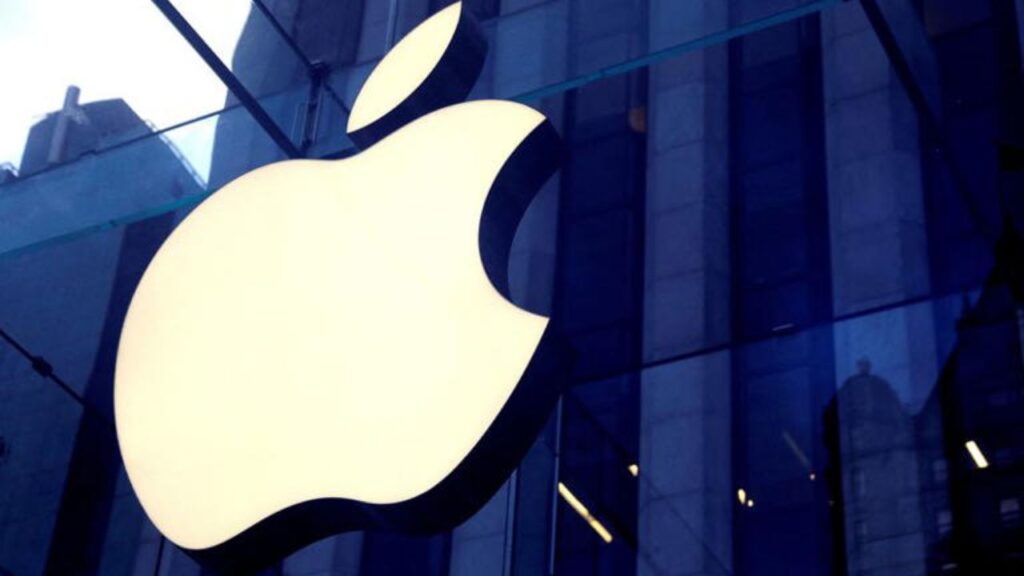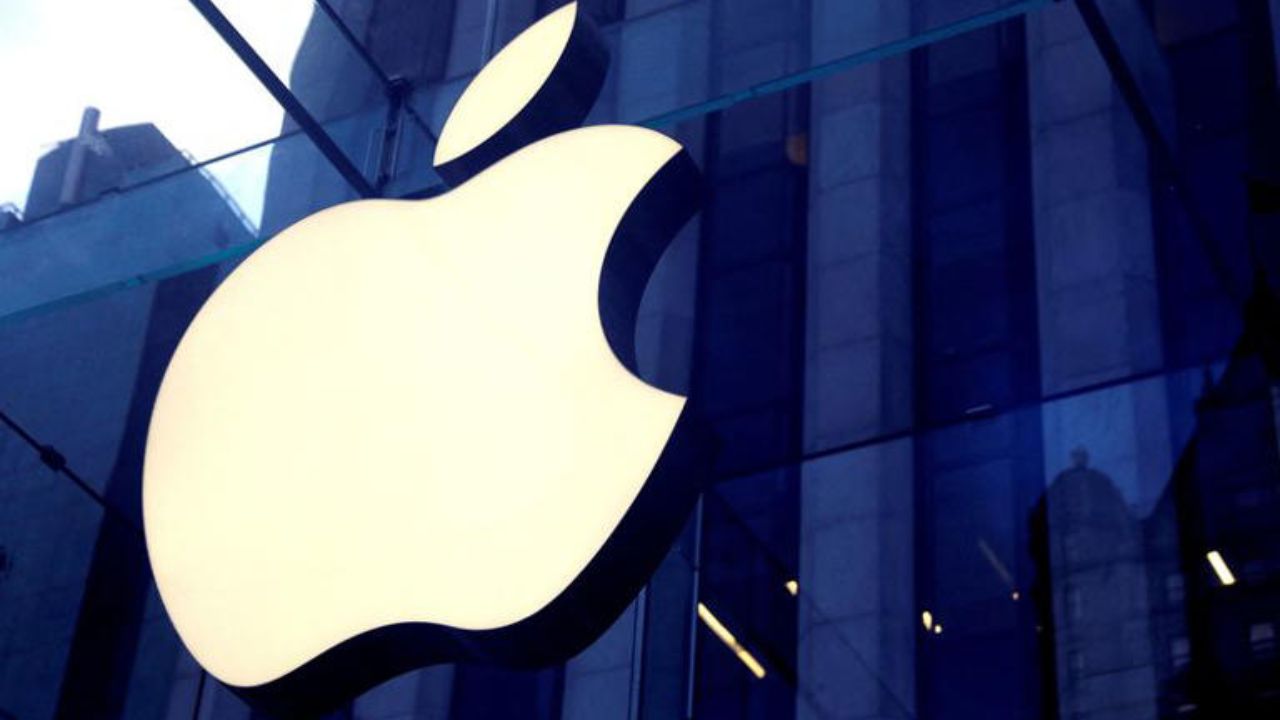UK CMA, Apple app store investigation, Google Play Store probe, Digital Markets Act UK, DMCCA, competition in digital markets, UK tech regulation, app store monopoly, Apple vs Google UK, UK digital markets law
The UK Competition and Markets Authority has paused its investigations into Apple and Google’s app stores as the country prepares to implement the Digital Markets, Competition and Consumers Act (DMCCA). Discover how this new legislation could reshape the digital marketplace.

UK Watchdog Halts Investigations into Apple and Google App Stores Amid Anticipated Legislative Changes
In a significant development in the regulation of digital markets, the UK’s Competition and Markets Authority (CMA) has announced the closure of its ongoing investigations into Apple and Google’s app stores. The decision comes as the country prepares to implement new legislation designed to address competition and consumer protection in digital markets. This move underscores the growing focus on regulating the tech giants that dominate the mobile ecosystem, particularly in how they control app distribution.
Background: The CMA’s Investigation into Mobile Ecosystems
The roots of the CMA’s investigations can be traced back to 2022 when the authority published a comprehensive market study of mobile ecosystems in Britain. The study revealed that Apple and Google effectively held a duopoly over app distribution, controlling the vast majority of the market. This dominance raised concerns about potential anticompetitive practices, as both companies wield significant power over developers and consumers alike.
Apple’s App Store and Google’s Play Store serve as the primary gateways for mobile app distribution on their respective iOS and Android platforms. The CMA’s market study highlighted several areas of concern, including the restrictive terms and conditions imposed on developers, the high commission fees charged for in-app purchases, and the lack of alternative app distribution channels. These issues prompted the CMA to launch parallel investigations into both companies, seeking to determine whether their practices were stifling competition and harming consumers.
The CMA’s Decision to Close the Investigations
On Wednesday, the CMA announced that it would be closing its investigations into Apple and Google, citing the upcoming implementation of the Digital Markets, Competition and Consumers Act (DMCCA) as the primary reason. The DMCCA is expected to introduce new regulatory powers specifically designed to address competition issues in digital markets, making it more appropriate for the CMA to apply these new powers once the legislation is in place.
Will Hayter, Executive Director for Digital Markets at the CMA, stated, “Once the new pro-competition digital markets regime comes into force, we’ll be able to consider applying those new powers to concerns we have already identified through our existing work.” This statement reflects the CMA’s strategic decision to wait for the DMCCA, which will provide a more robust framework for addressing the competition issues posed by Apple and Google.
The CMA’s decision to halt its current investigations does not signify an end to regulatory scrutiny of Apple and Google. Instead, it marks a transition to a more structured and potentially more effective approach under the forthcoming legislation. The DMCCA is anticipated to empower the CMA with greater authority to impose remedies and sanctions on companies that engage in anticompetitive practices, particularly in the digital space.
The Significance of the Digital Markets, Competition and Consumers Act (DMCCA)
The DMCCA represents a landmark shift in the UK’s approach to regulating digital markets. It aims to address the unique challenges posed by the digital economy, where a few large tech companies have amassed considerable market power. The act is expected to introduce a range of new tools and powers for regulators, including the ability to designate certain companies as having “strategic market status” (SMS). Firms with SMS would be subject to enhanced regulatory oversight and could face stricter rules aimed at preventing them from abusing their market dominance.
For Apple and Google, both of which are likely to be designated as SMS firms, the DMCCA could bring significant changes to how they operate their app stores in the UK. Potential regulatory measures could include requiring the companies to allow alternative app stores on their platforms, reducing the commission fees they charge developers, or even mandating greater transparency in their app review processes.
The introduction of the DMCCA is part of a broader global trend towards stricter regulation of big tech companies. The European Union, for example, has introduced its own Digital Markets Act (DMA), which similarly targets the market power of large online platforms. In the United States, there has been growing bipartisan support for antitrust reform aimed at curbing the dominance of tech giants like Apple, Google, Amazon, and Facebook.
Implications for Developers and Consumers
The closure of the CMA’s investigations, coupled with the impending DMCCA, has significant implications for both app developers and consumers. For developers, the DMCCA could lead to a more level playing field, where they are not subjected to the stringent and sometimes opaque rules imposed by Apple and Google. Reduced commission fees and the potential for alternative app distribution channels could also allow developers to retain a greater share of their revenue, encouraging innovation and competition within the app market.
For consumers, the new regulatory framework could enhance choice and improve the overall user experience. With alternative app stores potentially becoming available on iOS and Android devices, consumers may benefit from greater competition in app pricing and the availability of different types of apps. Additionally, increased regulatory oversight could lead to improved privacy protections and more transparent terms of service, addressing some of the longstanding concerns about data usage and user rights in the mobile ecosystem.
However, there are also potential risks associated with increased regulation. For instance, if the new rules result in significant changes to how Apple and Google operate their app stores, this could lead to disruptions in the app ecosystem, at least in the short term. Consumers could face compatibility issues, while developers might need to navigate a more complex regulatory environment. Nevertheless, the long-term benefits of promoting competition and protecting consumer rights are likely to outweigh these initial challenges.
Responses from Apple and Google
As of now, Apple and Google have not publicly responded to the CMA’s decision to close its investigations. However, both companies have previously defended their app store practices, arguing that the control they exert over their platforms is necessary to ensure security, privacy, and a consistent user experience. Apple, in particular, has emphasized the importance of its app review process in protecting users from malicious software and maintaining the integrity of its ecosystem.
Google, while also highlighting the security benefits of its Play Store, has pointed to the openness of the Android platform, which technically allows users to install apps from third-party sources. However, the CMA’s market study suggested that, in practice, most users are still heavily reliant on the Play Store, which remains the dominant app distribution channel on Android devices.
It remains to be seen how Apple and Google will adapt to the regulatory changes introduced by the DMCCA. Both companies have a history of legal and regulatory battles, and it is likely that they will continue to challenge any measures that they perceive as threatening their business models. However, the global momentum towards greater regulation of digital markets suggests that they may need to make significant concessions to comply with the new rules.
Conclusion: A New Era of Digital Regulation in the UK
The CMA’s decision to close its investigations into Apple and Google’s app stores marks a pivotal moment in the regulation of digital markets in the UK. As the country prepares to implement the Digital Markets, Competition and Consumers Act, the stage is set for a new era of oversight and accountability for the tech giants that dominate the mobile ecosystem.
For Apple and Google, the DMCCA represents both a challenge and an opportunity. While the new legislation may impose stricter rules and limit their market power, it also provides a chance for these companies to demonstrate their commitment to fair competition and consumer protection. How they choose to navigate this new regulatory landscape will have significant implications for the future of the digital economy in the UK and beyond.
As the DMCCA comes into force, the CMA will be closely monitoring the behavior of Apple, Google, and other firms with strategic market status. The success of the new regulatory regime will depend on the authority’s ability to effectively enforce the rules and ensure that the digital marketplace remains open, competitive, and beneficial for all stakeholders—developers, consumers, and businesses alike.
Read More
- Jana Duggar Marries Stephen Wissmann in Elegant Ceremony
- Why is Haley Still Running? Nikki Haley was Crushed by Trump in her Home State South Carolina
- Noah Lyles Girlfriend Everything You Need to Know About Junelle Bromfield
- Usha Vances Rise to Prominence: What It Means for South Asian and Hindu Americans
